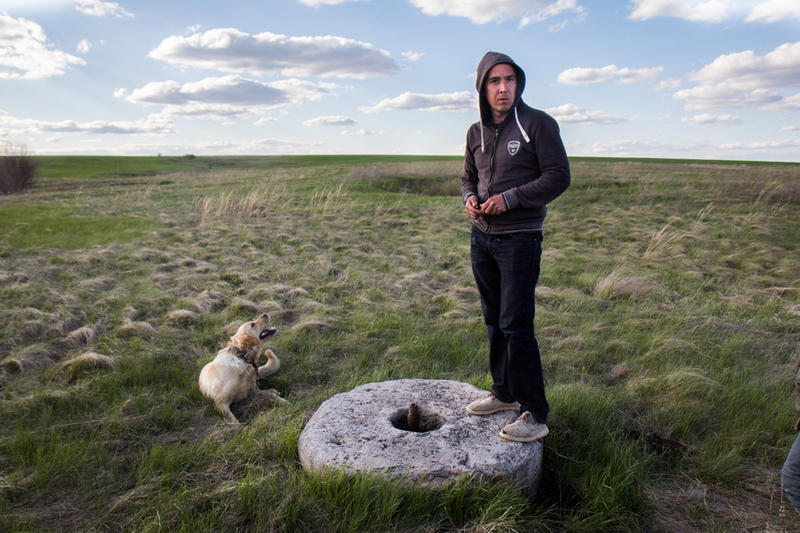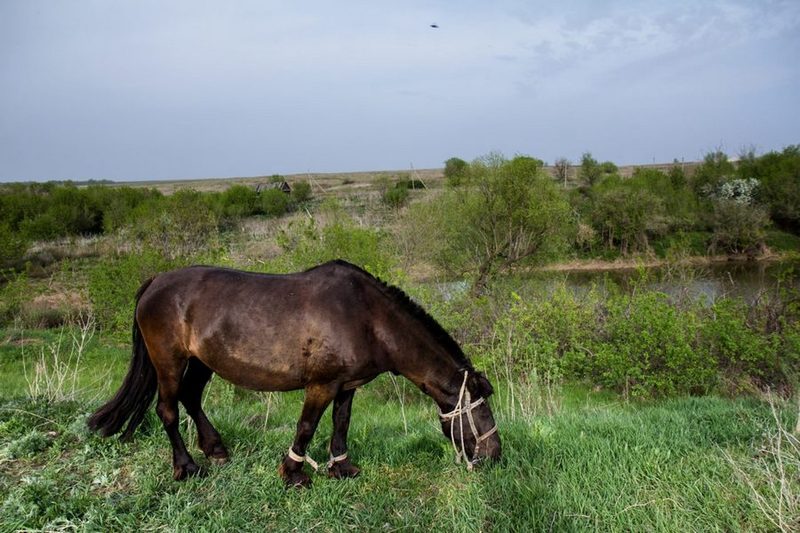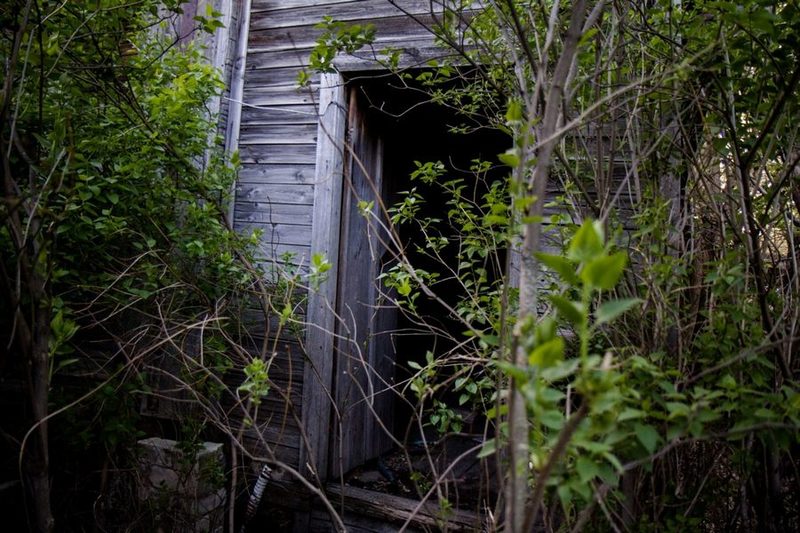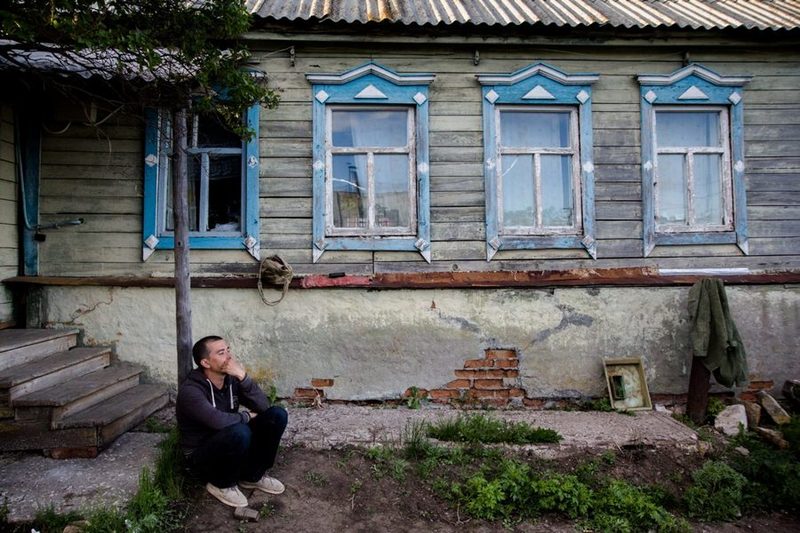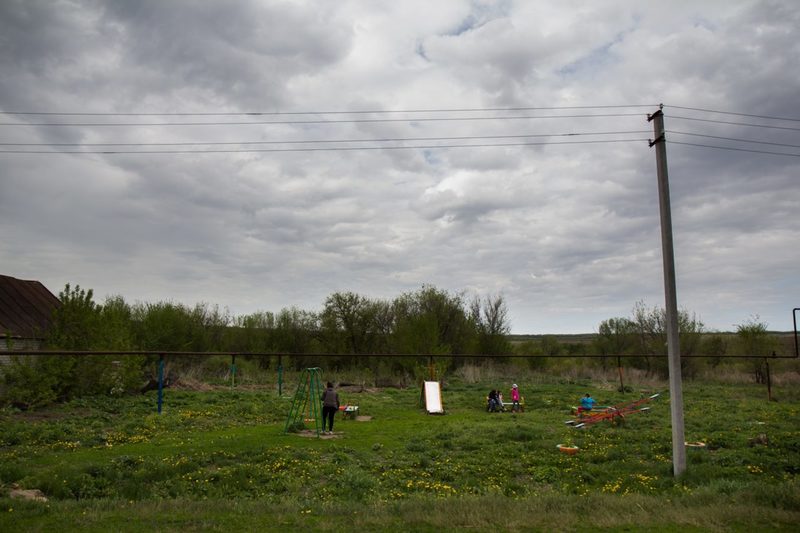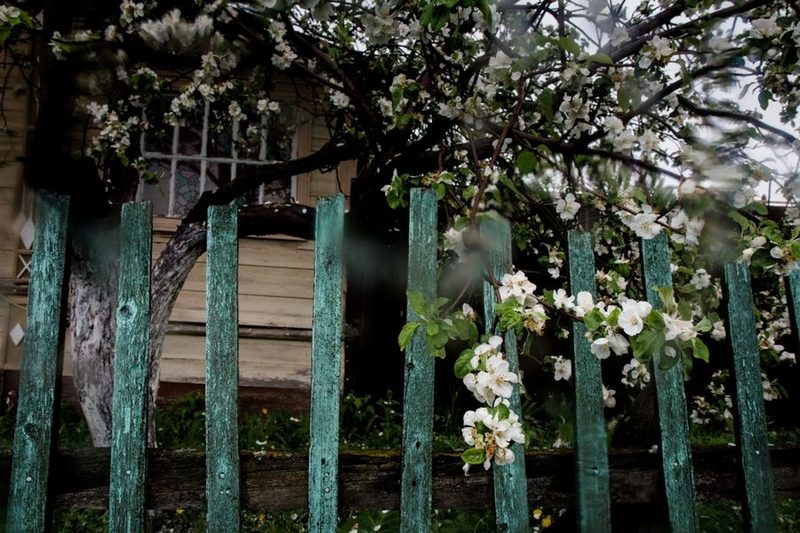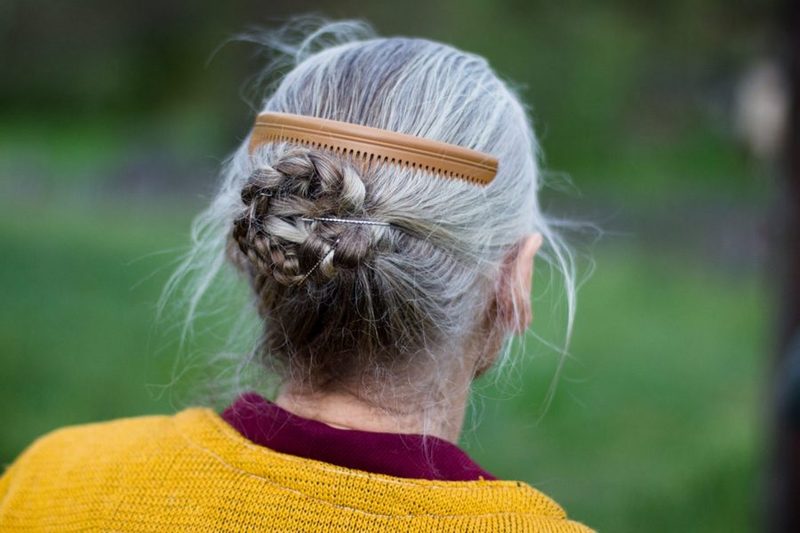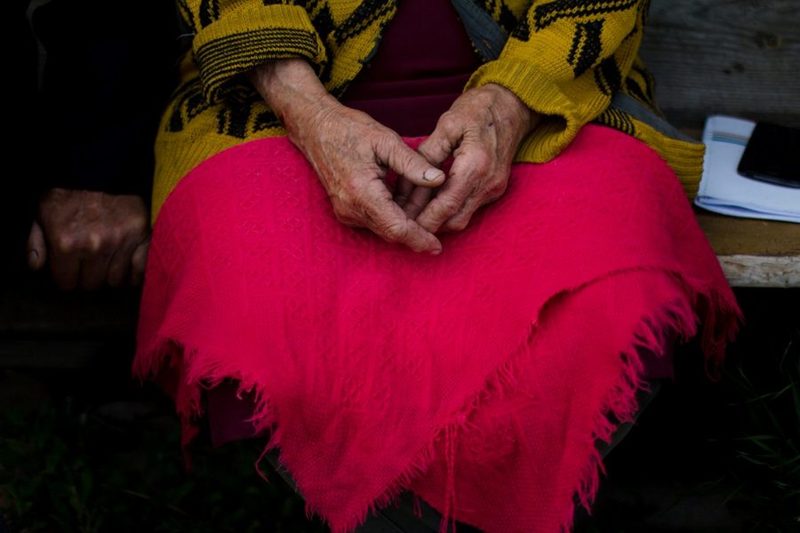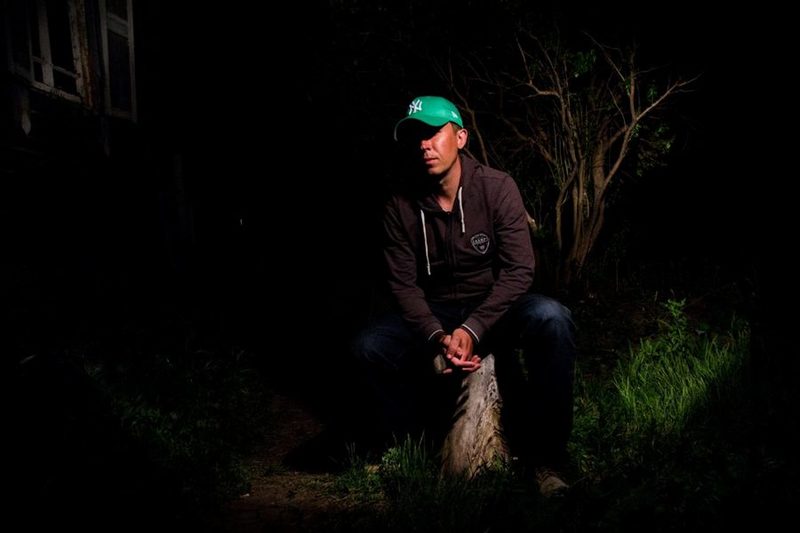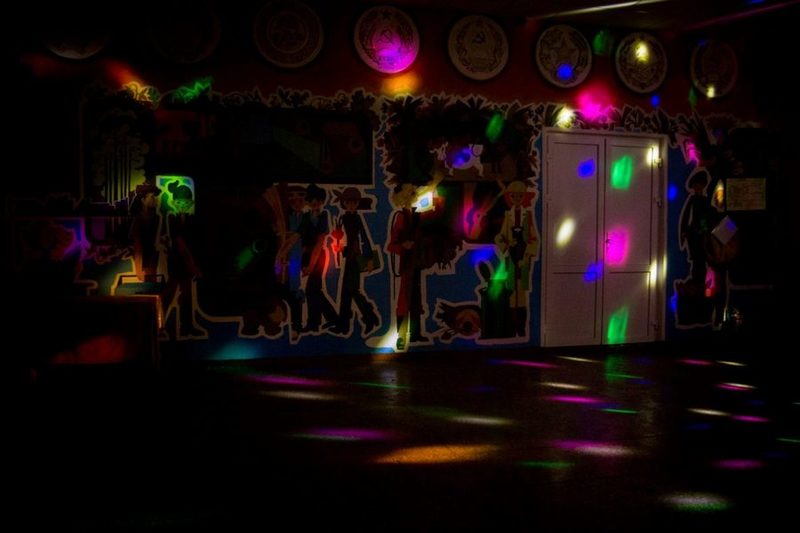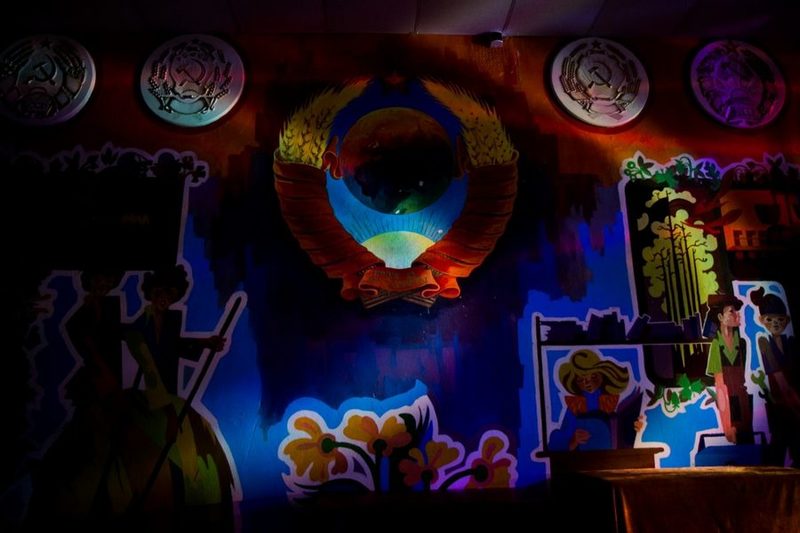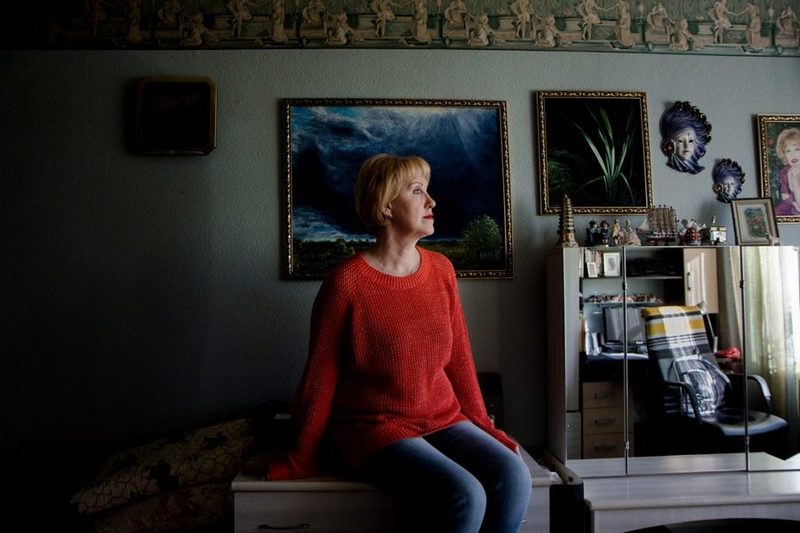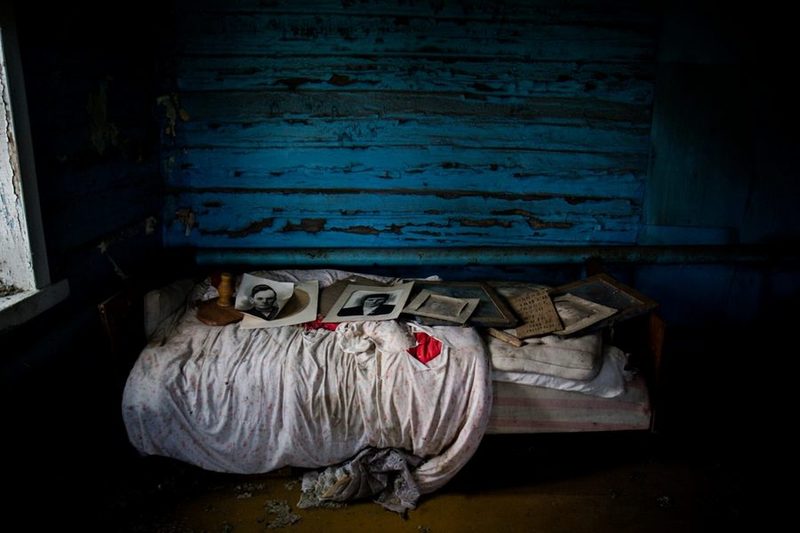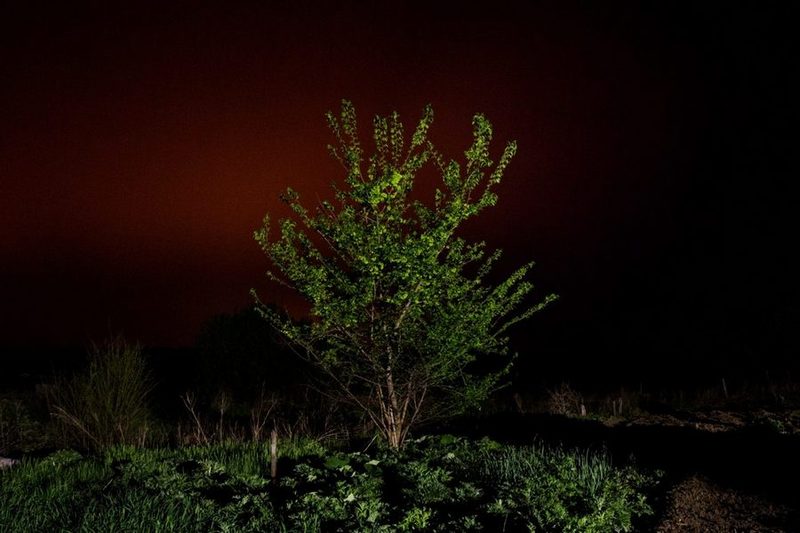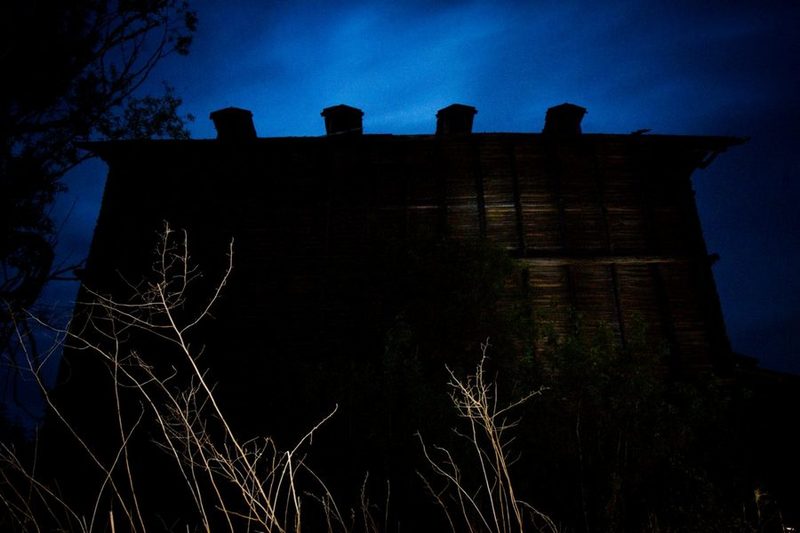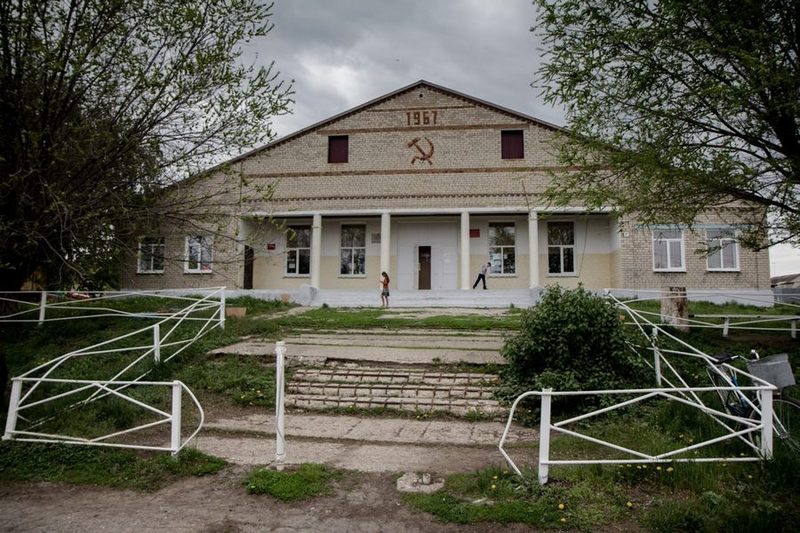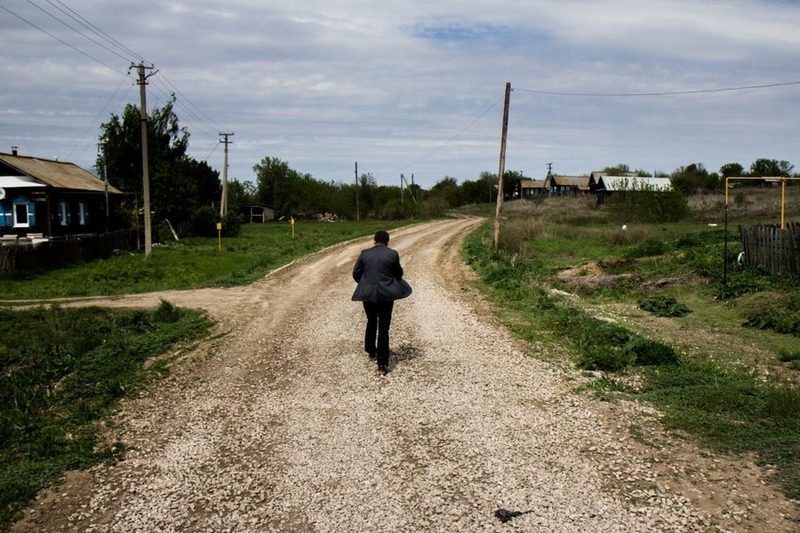In spring 2016 an unbelievable thing happened in Big Dergunovka village: for the first time during a long period its population became one person more. A teacher from Kinel Mihail Vlasov came and registered here, in an old wooden house on Zarechnaya Street. Actually, in two houses.
Soon one more miracle happened: Dergunovka has got an article in Wikipedia. And after a little more while an old, rusty to the core playground in the centre og the village boasted with new shiny paint. And that miracle was not the last.
Mihail appeared in Dergunovka surprisingly and it seemed accidental. He just lived his life, teached children, washed in the bathroom, drank beer with his friends, and then he had enough of everything. What exactly made Vlasov go to the end of the world he cannot truly explain. “I had that feeling of not-freedom, sencelessness of everything. Many of my friends buy concrete walls on mortgage, and sleep in them for continuing to work, and work to pay the dwelling. This script is not for me. I wanted to build up my own world, act my own rules, live free. Freedom is not when you have loads of everything, but it is when you can turn down anything. To turn down more income for less, to turn down stuff, various things. In the countryside you don’t need much, you can be free there”.
Text by Evgeniya Volunkova
